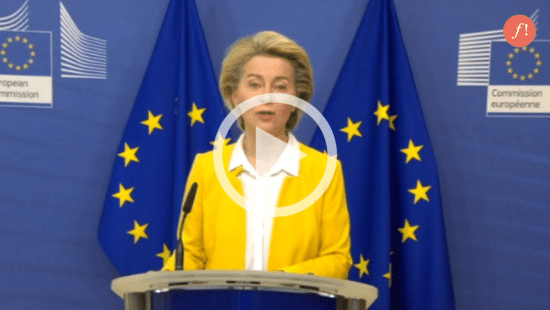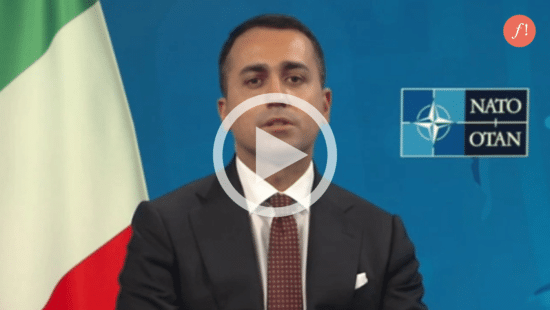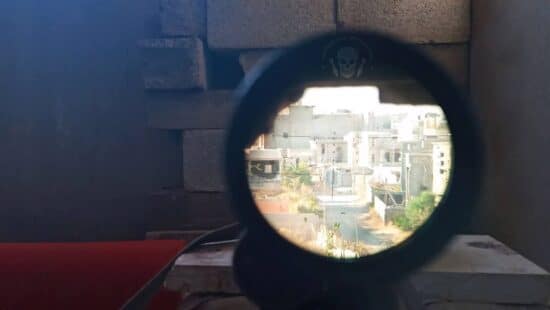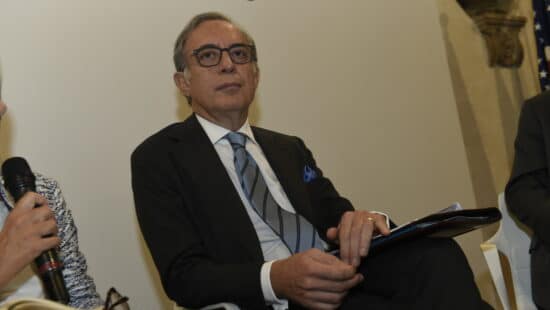Registrata una brusca contrazione degli scontrini, ma aumenta il valore dei singoli acquisti. Pesano sul trend il lockdown e il calo dei casi di influenza
Archivi
Il Parlamento blinda Borsa Italiana. Ora palla a Draghi
Approvata alla Camera la mozione di maggioranza che impegna l’esecutivo a vigilare sull’operazione con Euronext e a garantire gli interessi italiani. La prima firmataria, Vita Martinciglio, a Formiche.net: era ora che la politica si accorgesse di un asset così strategico, ora trasparenza e investimenti
Prima grana per il ritiro dall’Afghanistan. La sicurezza degli 007 della Cia
Gli Stati Uniti ritireranno le truppe dall’Afghanistan il prossimo 11 settembre. Ma rimane un grosso problema: la Cia, come ammesso dal direttore Burns
La Nato segue Biden. Così finisce (forse) la missione in Afghanistan
Inizierà dal primo maggio, per concludersi nel giorno del ventesimo anniversario dell’11 settembre, il ritiro delle forze Nato dall’Afghanistan. “Una decisione epocale” per Luigi Di Maio, che segue la linea del “cambio di passo” impressa dagli Stati Uniti. Biden aveva promesso consultazioni con gli alleati e i partner, e così è stato
Von der Leyen: "In arrivo 50 milioni di vaccini aggiuntivi Pfizer". Il video
Von der Leyen: "In arrivo 50 milioni di vaccini aggiuntivi Pfizer" [embedyt] https://www.youtube.com/watch?v=n7ruWzX7CAQ[/embedyt] Bruxelles, 14 apr. (askanews) - Stiamo accelerando con le consegna dei vaccini. Dobbiamo fare tutto ciò che è in nostro potere per garantire che gli europei possano essere vaccinati il più velocemente possibile, ha detto la presidente della Commissione europea Ursula von der Leyen parlando a Bruxelles.…
Afghanistan, Di Maio: "Vicini a decisione epocale per la Nato". Il video
Afghanistan, Di Maio: "Vicini a decisione epocale per la Nato" [embedyt] https://www.youtube.com/watch?v=Es4z_IZfqwQ[/embedyt] Milano, 14 apr. (askanews) - Il ministro degli Esteri Luigi Di Maio da Bruxelles per una riunione straordinaria sull'Afghanistan: "In questi giorni nella mia visita a Washington durante l'incontro con il segretario di Stato Tony Blinken abbiamo discusso di vari temi, tra cui l'Afghanistan. E conveniamo sul fatto…
Cyber, ecco l’asse Italia-Malesia. Via Farnesina
Un evento della Farnesina con la partecipazione di centinaia di imprese pone le basi per una collaborazione sulla cybersecurity fra Italia e Malesia. La strategia cyber del governo Draghi passa anche dalla diplomazia italiana. Ecco perché
L’intelligence Usa alza l’attenzione sulla sicurezza in Libia
Nel report del DNI sulle potenziali minacce globali ci sono alcuni passaggi sulla Libia, individuata come un terreno delicato perché il processo di stabilizzazione non ha ancora un quadro di sicurezza sufficiente
Al confine con l'Ucraina i social si ritorcono contro Putin
Grazie ai video postati su TikTok e i messaggi inviati con Telegram si è potuto conoscere la posizione dei soldati russi alla frontiera ucraina
Vaccinati contro la propaganda. Parla l’ambasciatore italiano in Russia
Pasquale Terracciano, ambasciatore a Mosca, spiega a Formiche.net che dopo essersi vaccinato con lo Sputnik V ha rifiutato gli inviti dei media russi: “Ero consapevole del rischio di strumentalizzazione”
















